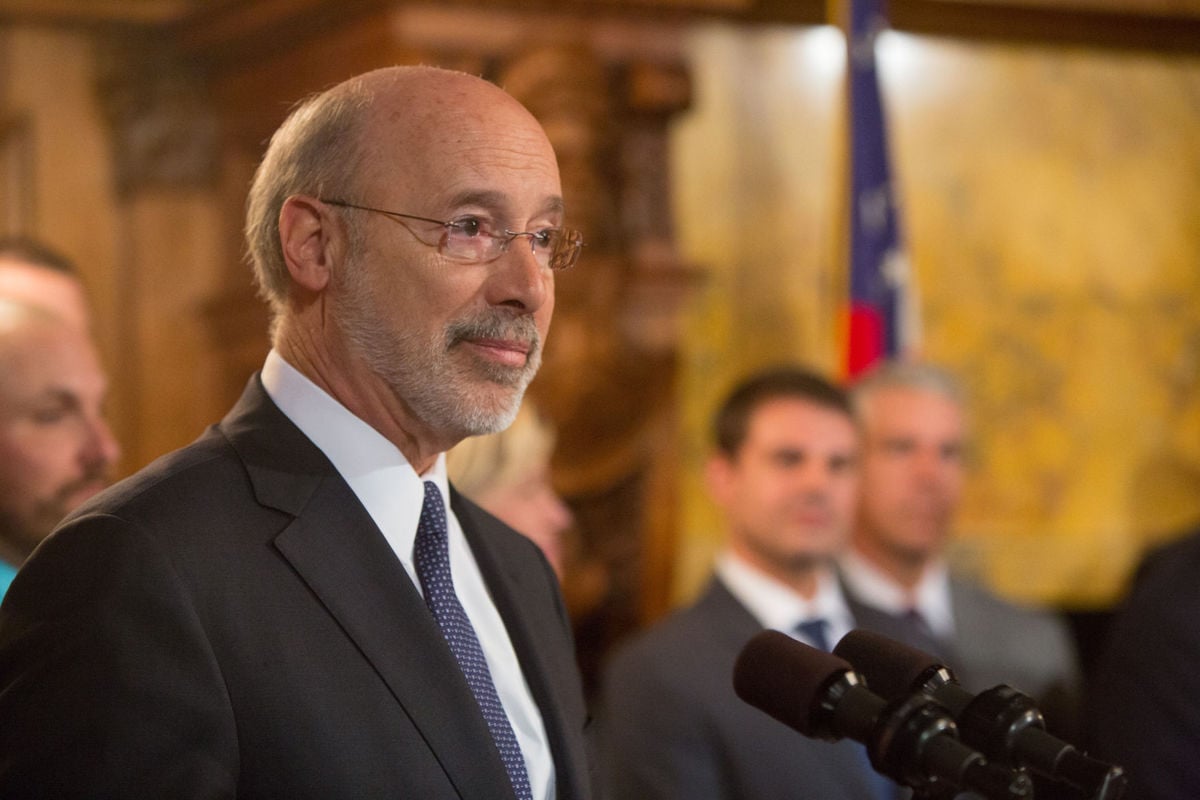Pennsylvania Towns Pressuring Harrisburg to Act Quickly on Amending Casino Host Tax
Posted on: October 11, 2016, 02:06h.
Last updated on: October 11, 2016, 11:29h.

Pennsylvania towns across the Keystone State are making their voices heard in that they want a swift resolution to the local casino assessment tax conundrum.
State lawmakers are scheduled to meet in Harrisburg next week to consider, among a laundry list of bills, how to amend the current Pennsylvania gaming revenue code.
On September 28, the Pennsylvania Supreme Court ruled that the Race Horse Development and Gaming Act violated the Uniformity Clause in the state constitution.
Under the present law, casinos in Pennsylvania must pay a minimum of $10 million to their local host municipalities. But the provision mandates the revenue be based off of two percent of their gross slot revenue, or $10 million, whichever is greater.
Since no casino has ever pulled in $500 million in one year from slots, all pay varying amounts to make up the difference. The court said it recognized removing the clause from the Gaming Act would deliver grave consequences to local cities, which is why the ruling isn’t scheduled to take effect until late January.
The Supreme Court stayed its decision for 120 days “to afford the General Assembly an opportunity to evaluate potential remedial measures.” Mount Airy Casino Resort first challenged the local casino tax law.
Cities Understandably Worried
The Pennsylvania Senate and House of Representatives are expected to work quickly on determining a resolution in order to make sure millions of tax dollars continue going to state budgets and not the wallets of casino executives.
But with a Democratic governor and Republican-controlled legislature, politics in Pennsylvania needs more than a little WD-40 to get working smoothly again.
“Obviously this has major financial implications for our county budget that could blow a big hole in it,” Erie County Councilman Kyle Foust told the Erie Times-News. “Gaming money has allowed us to do important projects in this area we probably wouldn’t have been able to do otherwise.”
Erie is home to Presque Isle Downs & Casino.
Across the state in Bethlehem, home to the richest casino in Pennsylvania, Sands Bethlehem, local leaders are also concerned.
“The legislature needs to address this immediately,” Allentown Mayor Ed Pawlowski (D) said in September. “We have worked hard to increase public safety, improve our streets and expand our park and recreation offerings. This is not the time to fold on those advances.”
Easy Solution
The seemingly obvious solution would be for the legislature to amend the Gaming Act language to mandate a flat $10 million local host tax. The issue the Pennsylvania Supreme Court had with the law was its varying rates due to being based on overall slot revenue.
The Pennsylvania Department of Revenue has proposed just that.
“Ten million was meant to be the minimum. If you want to have a casino in Pennsylvania . . . this was the fee to get into the game,” Sen. Robert Tomlinson (R-District 6) recently told The Patriot-News.
The Pennsylvania General Assembly will also consider gambling expansion including internet gaming and daily fantasy sports when it convenes on October 17.
No comments yet